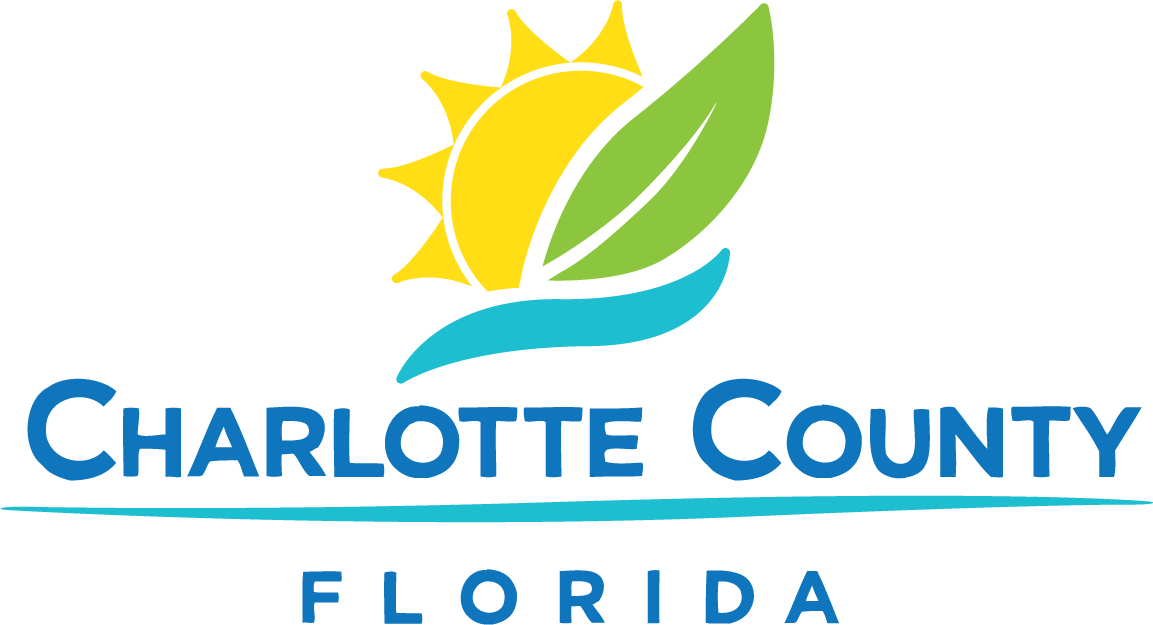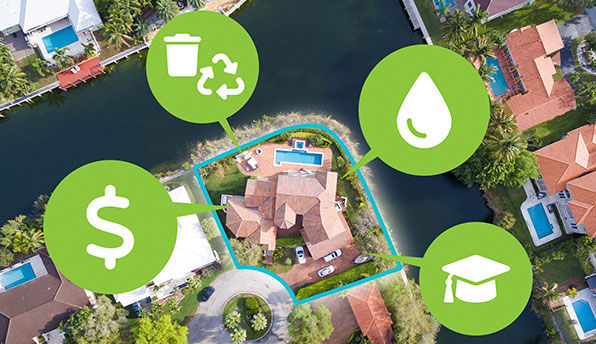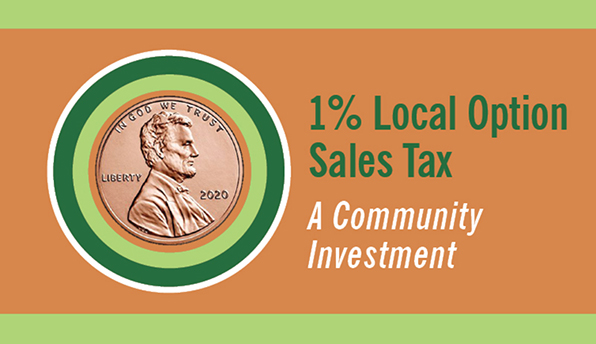Charlotte County Veteran Services helps veterans and their families receive better access to services. There is no fee or cost for submitting an application for VA benefits. Our services are also free of charge.
We appreciate veterans and their service to our country. You will always be treated with courtesy and compassion at our office. We are committed to providing you with a clear, complete and accurate explanation of the process of applying for veteran's benefits and services.
If you want help in obtaining veteran benefits, please contact us and we will do our best to help you. Call 941.764.5579 to speak with a Veteran Service Officer or visit one of our office locations. Appointments are required for office visits.
21500 Gibralter Drive
Port Charlotte, FL 33952
6868 San Casa Drive, Unit 12
Englewood, FL 34224
Compensation
Disability Compensation from Veterans Affairs
You may be eligible to receive disability compensation if you have a current illness or injury (known as a condition) that affects your body or mind.
To qualify, you must have:
- served on active duty, active duty for training, or inactive duty training
- a disability rating for your service-connected condition
Additionally, you must meet at least one of the following requirements:
- In-service disability claim: got sick or injured while serving in the military and can link this condition to your illness or injury (called an in-service disability claim)
- Preservice disability claim: had an illness or injury before you joined the military and serving made it worse
- Post service disability claim: have a disability related to your active-duty service that didn’t appear until after you ended your service
Benefits for Presumed disabilities
If you have a disability that’s been diagnosed by a doctor and that we consider to be related to your military service because of a specific aspect of that service, you may be able to get disability benefits based on this presumed disability. This usually applies to:
- A chronic (long-lasting) illness that appears within one year after discharge, or
- An illness caused by contact with contaminants (toxic chemicals) or other hazardous materials, or
- An illness caused by your time spent as a prisoner of war (POW)
Pension
Veterans Pension Benefits from Veteran Affairs
You may be eligible for the Veteran Pension program if you meet the Veteran Affairs pension eligibility requirements.
To qualify, you must:
- Be a wartime veteran
- Not have a dishonorable discharge
- Have annual family income and net worth not exceeding limits set by Congress. Net worth includes spouses net worth and all personal property (excluding house, car, and most home furnishings), minus any debt you owe
Additionally, you must meet at least one of the following requirements:
- Be at least 65 years old
- Have a permanent and total disability
- Be a patient in a nursing home for long-term care because of a disability
- Receive Social Security Disability Insurance or Supplemental Security Income
Additionally, your service history must meet at least one of the following requirements:
- Started on active duty before Sept. 8, 1980, and you served at least 90 days on active duty with at least 1 day during wartime
- Started on active duty as an enlisted person after Sept. 7, 1980, and served at least 24 months or the full period for which you were called or ordered to active duty (with some exceptions) with at least 1 day during wartime
- Were an officer and started on active duty after Oct. 16, 1981, and you hadn’t previously served on active duty for at least 24 months
Pension with Aid and Attendance or Housebound Benefits
You may be eligible for the Aid and Attendance or Housebound benefits if you already receive a Veteran Affairs pensions and meet one of the following requirements:
- You need another person to help you perform daily activities such as bathing, feeding and/or dressing
- You have to stay in bed or spend a large portion of the day in bed because of illness
- You are a patient in a nursing home due to the loss of mental or physical abilities related to a disability
- You have limited eyesight (less than 5/200 vision in both eyes with glasses or contact lenses; or concentric contraction of the visual field to 5 degrees or less)
If you receive Veteran Affairs pension and you spend most of your time in your home because of a permanent disability, you may be eligible for Housebound benefits. You cannot receive Aid and Attendance and Housebound benefits at the same time.
Vocational Rehab and Employment
You may be eligible to receive employment support or services to help you live as independently as possible if you have a disability that was caused, or made worse, by your active-duty service which limits your ability to work or prevents you from working.
To qualify, you must:
- Be a veteran
- Not have a dishonorable discharge
- Have a service-connected disability rating of at least 10% from Veteran Affairs
- Apply for Vocational Rehab and Employment services
Basic Period of Eligibility
Your basic period of eligibility ends 12 years from the date you received notice of your:
- Date of separation from active military service
- First Veteran Affairs service-connected disability rating
The basic period of eligibility may be extended if a Vocational Rehabilitation Counselor (VRC) finds that you have a serious employment handicap (SEH). Having an employment handicap means your service-connected disability limits your ability to prepare for, obtain, and maintain suitable employment (a job that doesn’t make your disability worse, is stable, and matches your abilities, aptitudes, and interests).
Burial Benefits
Veteran Affairs National Cemetery
Service members, veterans, and family members may be eligible for burial in a Veteran Affairs national cemetery. Burial honors may include a headstone, marker, medallion, burial flag and a Presidential Memorial Certificate. Some family members may also qualify for money to pay for burial costs.
To qualify, the person qualifying for burial benefits must meet at least one of the following requirements:
- Be a veteran
- Not have a dishonorable discharge
- Be a service member who died while on active duty, active duty for training or inactive duty for training
- Be a spouse or dependent child of a veteran even if the veteran died first
- Be an unmarried adult dependent child of a veteran
Burial Allowance
You may be eligible to receive allowances if you’re paying for a veteran’s burial and funeral costs.
To qualify, your relationship to the veteran must meet at least one of the following conditions:
- Veteran’s surviving spouse (we recognize same-sex marriages)
- Surviving child of the veteran
- Parent of the veteran
- Executor or administrator of the veteran’s estate (someone who officially represents the veteran)
Additionally, the veteran must:
- Not have received a dishonorable discharge
- Have been receiving a Veteran Affairs pension or compensation when they died
- Have chosen to get military retired pay instead of compensation
- Have died as a result of a service-connected disability
- Have died while receiving Veteran Affairs care, either at a Veteran Affairs facility or facility contracted by Veteran Affairs
- Have died while traveling to approved Veteran Affairs care
- Have died with a reopened claim for Veteran Affairs compensation or a pension that would have qualified them to get benefits
- Have died on or after Oct. 9, 1996, while a patient at a Veteran Affairs approved state nursing home
Allowances may also cover the cost of transporting a veteran’s remains for burial in a national cemetery.






